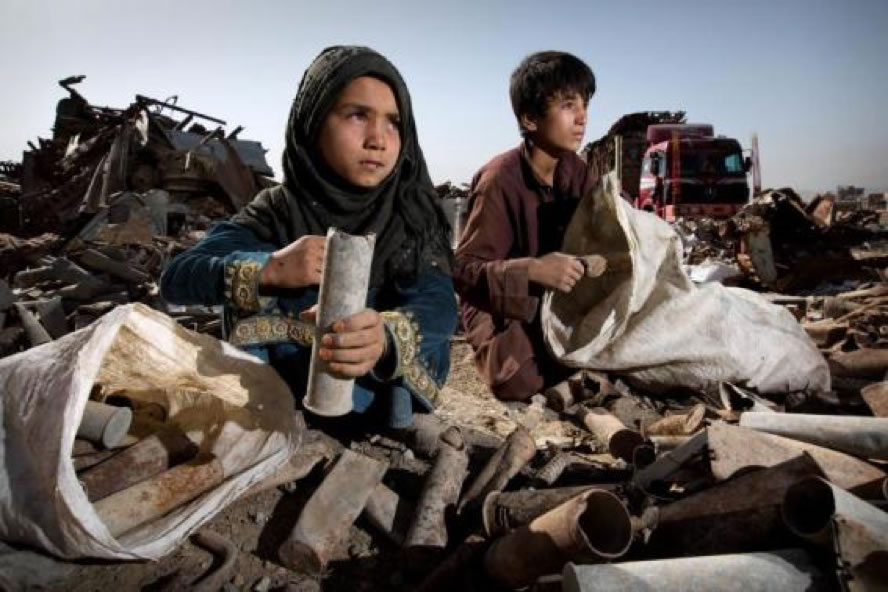 Dr. Parkinson first described the disease in “An Essay on the Shaking Palsy”, he described a pattern of lessened muscular power, involuntary tremulous motion, even if these are supported. There is at tendency to bend the body forwards, and to involuntarily switch from a walking to a running pace, while the sense and intellect deteriorate.
Dr. Parkinson first described the disease in “An Essay on the Shaking Palsy”, he described a pattern of lessened muscular power, involuntary tremulous motion, even if these are supported. There is at tendency to bend the body forwards, and to involuntarily switch from a walking to a running pace, while the sense and intellect deteriorate.
One of the prominent symbols of Parkinson’s disease is the red tulip, and this was established at the 9th World Parkinson’s disease Day at the Luxembourg Conference. The story of the Red Tulip can be tied back to J.W.S. Van der Wereld, a Dutch Horticulturalist who was suffering from Parkinson’s disease. He had successfully generated a Red and White Tulip, and named it in honor of the man who named his medical condition.
Many people do not understand what Parkinson’s is, or are unaware of how to identify it. In the interest of promoting awareness of this disease, a simplified description follows. It is a disorder that results in the degeneration of the central nervous system, and directly impacts those that nerves that handle motor functions for the body as a whole. As the disease advances, it becomes apparent from the slowness of their body, and the increasing stiffness of their limbs that there is a developing problem. Their limbs will begin to shake uncontrollably as it gets further on, and eventually an entire scope of additional symptoms will develop as more and more motor functions are impacted. Sufferers are often tired, and memory problems become more apparent as time goes on.
Whatever you do, remember that this day is dedicated to an open awareness of this disease, and to help support those groups and organizations that are intent on eradicating or controlling this illness.




 2016 Theme: « Autism and the 2030 Agenda: Inclusion and Neurodiversity »
2016 Theme: « Autism and the 2030 Agenda: Inclusion and Neurodiversity » appeared, yes, appeared from… nowhere!
appeared, yes, appeared from… nowhere! World Bipolar Day (WBD) will be celebrated each year on March 30th, the birthday of Vincent Van Gogh, who was posthumously diagnosed as probably having bipolar disorder. The vision of WBD is to bring world awareness to bipolar disorders and eliminate social stigma. Through international collaboration the goal of World Bipolar Day is to bring the world population information about bipolar disorders that will educate and improve sensitivity towards the illness.
World Bipolar Day (WBD) will be celebrated each year on March 30th, the birthday of Vincent Van Gogh, who was posthumously diagnosed as probably having bipolar disorder. The vision of WBD is to bring world awareness to bipolar disorders and eliminate social stigma. Through international collaboration the goal of World Bipolar Day is to bring the world population information about bipolar disorders that will educate and improve sensitivity towards the illness.
 “God is dead” – the idea has been proclaimed already in 1882 by the German philosopher Friedrich Nietzsche.
“God is dead” – the idea has been proclaimed already in 1882 by the German philosopher Friedrich Nietzsche.